Protecting Your Wallet When the Economy Feels Unsteady
Economic uncertainty can rattle even the most disciplined money managers. Rising inflation, interest rate hikes, and market volatility are enough to make anyone second-guess their financial decisions. But uncertainty doesn’t have to translate into financial instability. With the right strategies, you can build a financial buffer that cushions you during tough times and gives you peace of mind.
This guide will walk you through effective ways to recession-proof your personal finances — whether you’re worried about a job loss, shrinking savings, or just want to stay ahead of the economic curve. These tips are actionable, practical, and perfect for navigating financial uncertainty with confidence.
1. Pad Your Emergency Fund — Even If It’s Just a Little
One of the best defenses against economic downturns is a well-funded emergency fund. Aim to cover at least 3-6 months of essential expenses like rent, groceries, and utilities. If that feels overwhelming, start small.
- Use automatic transfers from your checking to a high-yield savings account.
- Stash away windfalls — tax refunds, bonuses, or cashback rewards.
- Consider challenges like “No-Spend November” to put extra cash aside.
If you’re looking for a place to park your emergency savings, consider a high-yield account from Marcus by Goldman Sachs or Synchrony Bank.
2. Cut Recurring Expenses Without Sacrificing Too Much Joy
Trimming your overhead doesn’t mean living joylessly. Identify recurring fees and memberships that aren’t delivering real value. Subscription creep is real — those $5 and $15 charges add up fast.
Quick Wins:
- Audit your streaming and software subscriptions using tools like Rocket Money.
- Negotiate bills for internet, phone, or insurance with a service like Billshark.
- Switch from name-brand groceries to store brand — often just as good, and far cheaper.
By trimming even $150/month, that’s $1,800 a year to redirect toward savings or debt payoff.
3. Recession-Proof Your Skillset
The job market can become volatile during uncertain times, and job security isn’t always guaranteed. Investing in your own skills is one of the highest-ROI decisions you can make.
Ideas for Upskilling:
- Free certifications from Google Career Certificates.
- Learn coding or data skills via freeCodeCamp or paid platforms like Coursera.
- Improve leadership and communication skills with resources from your local library or Toastmasters groups.
By becoming more valuable professionally, you’re less likely to be laid off — and more prepared to pivot if you are.
4. Prioritize High-Interest Debt Like It’s an Emergency
When interest rates rise — as they often do in uncertain markets — debt becomes even more expensive. Credit cards, which often charge 20%+ APR, can quickly spiral.
If you can, double down on your debt payments now to avoid bleeding money later.
Pro Tips:
- Use the avalanche method: target highest-interest debt first for long-term savings.
- Look into 0% APR balance transfer cards to minimize short-term interest payments.
- Consider consolidating debt with a lower-interest personal loan from legitimate lenders like SoFi or Earnest.
Reducing your debt load frees up cash flow — an essential move during financial turbulence.
5. Keep Investing — Even If It’s Just a Little
It’s tempting to pause investments when the economy gets shaky, but consistently investing (even in small amounts) during downturns can actually boost long-term growth. It’s called “buying the dip” — getting assets at lower prices.
If you’re contributing to a 401(k) or IRA, try to maintain your contributions. If you can’t, aim for at least enough to get any employer match — that’s free money!
Tools like Acorns or Fidelity allow you to invest your spare change or start small while staying invested for the long haul.
Final Thoughts: Control What You Can
We can’t control economic cycles, but we can control how we prepare. By focusing on your emergency savings, reducing expenses, paying off debt, and strengthening your marketability, you’re not just surviving — you’re building financial resilience. Think of it as your personal financial fortress.
Times of uncertainty are when financial habits matter most. Start small, stay consistent, and don’t panic — your future self will thank you.



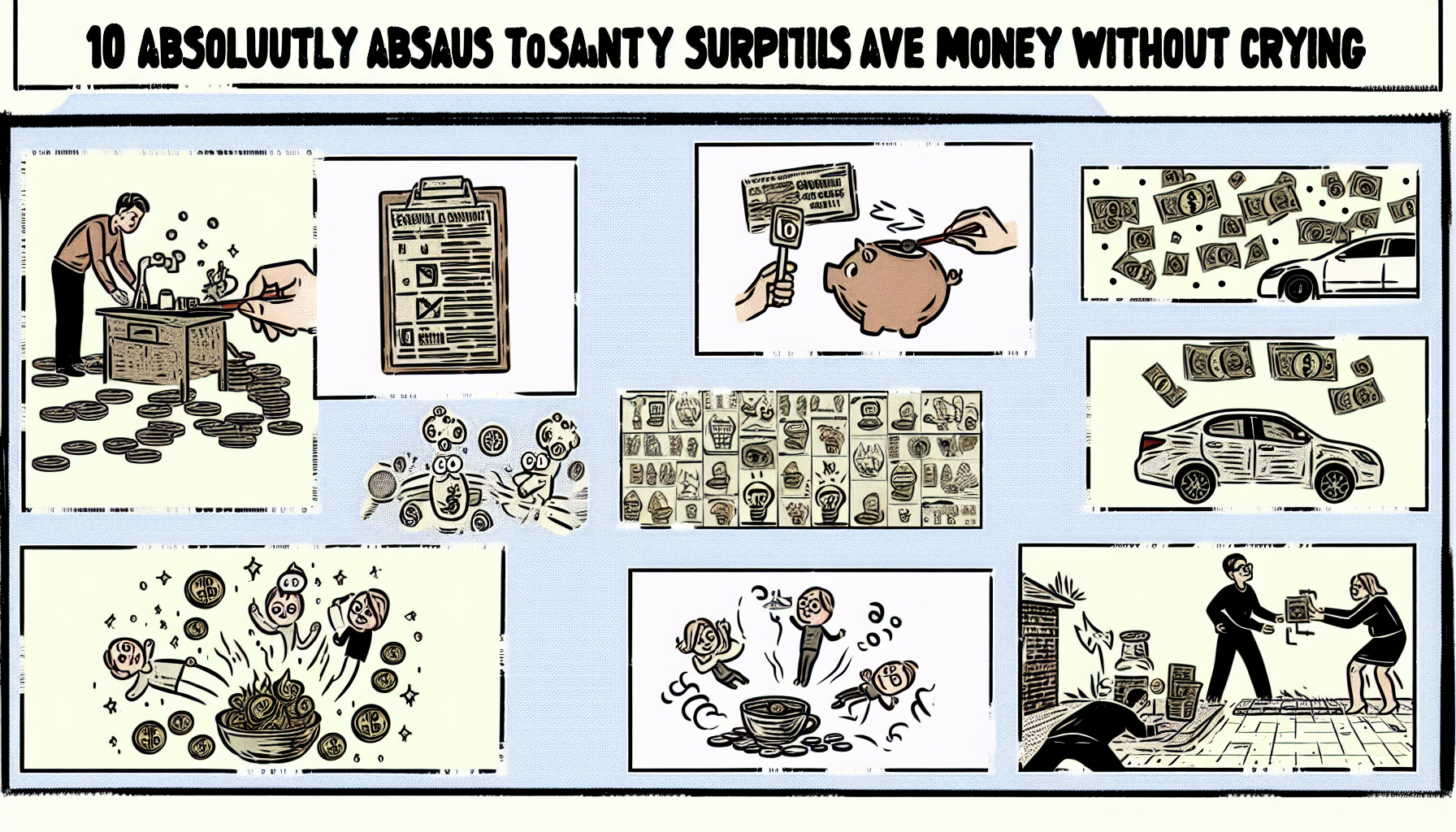






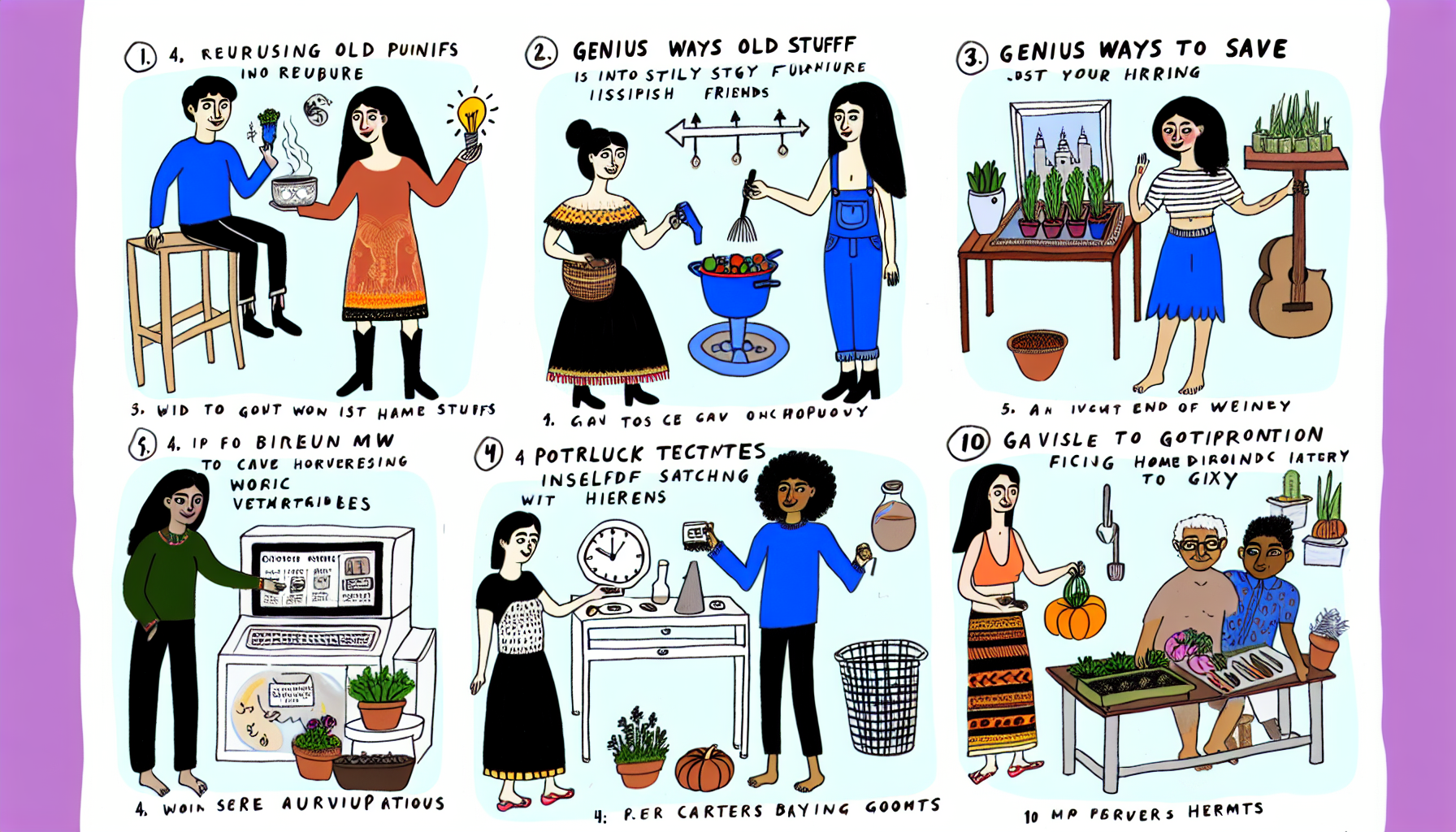
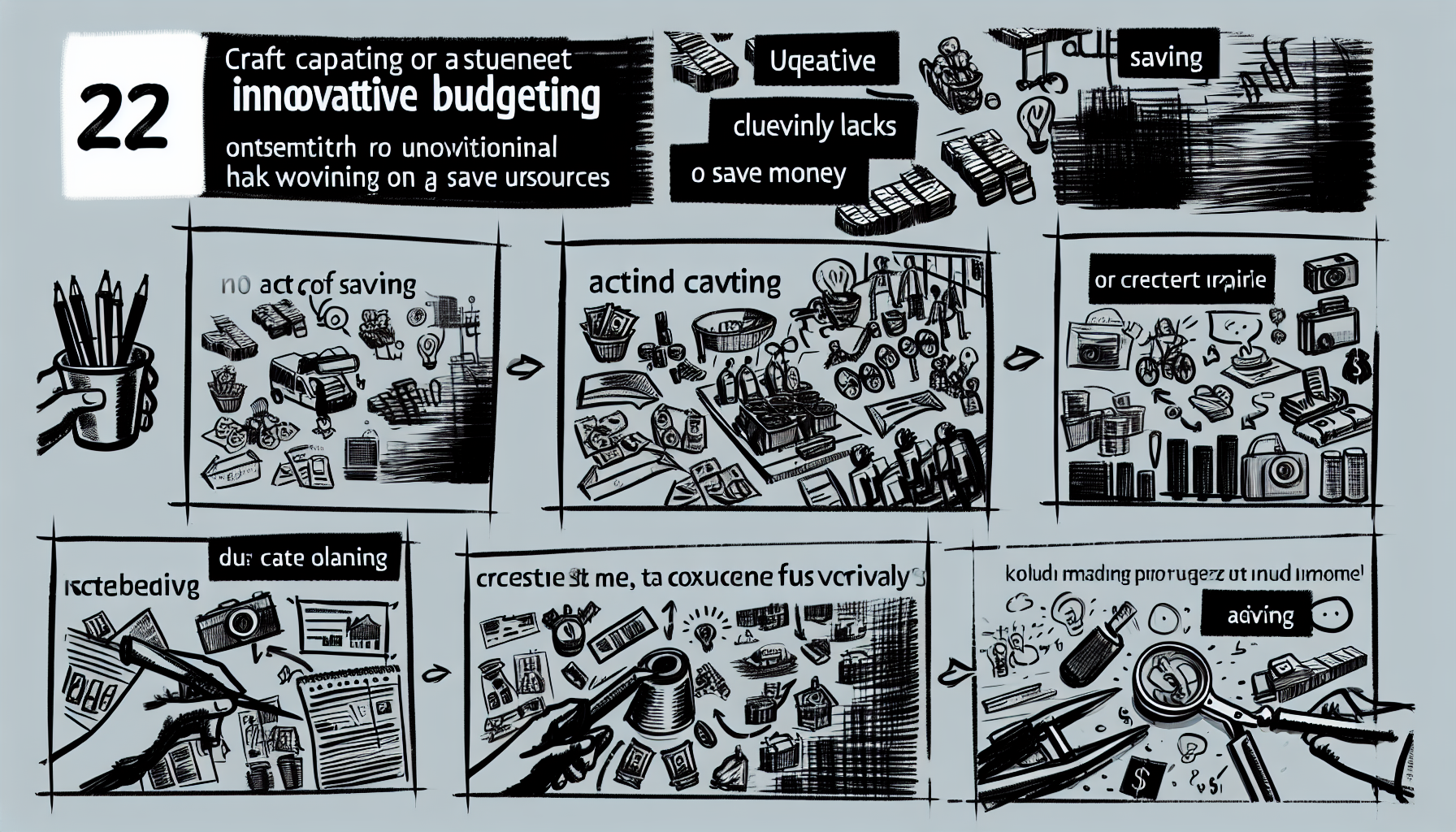
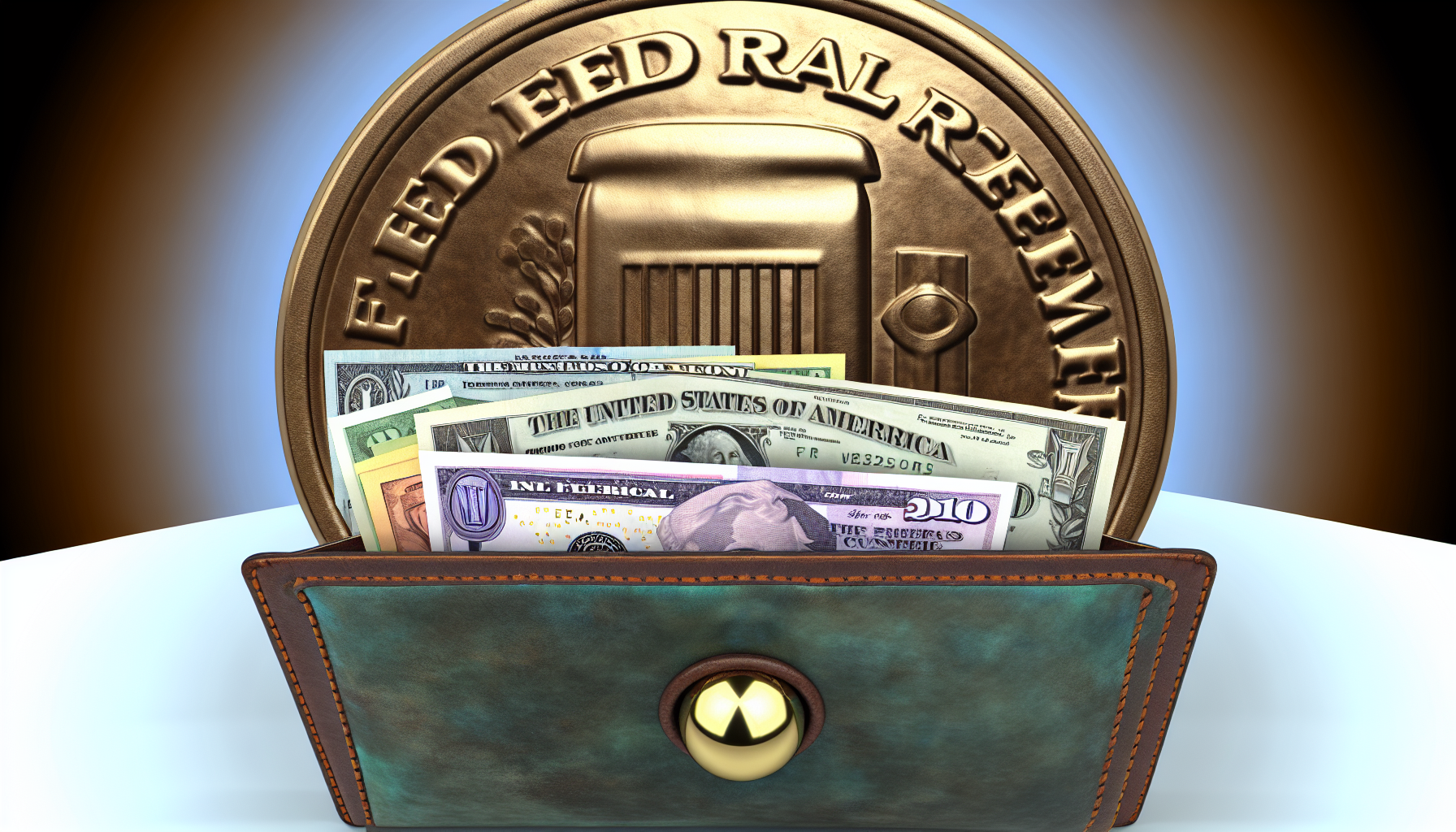


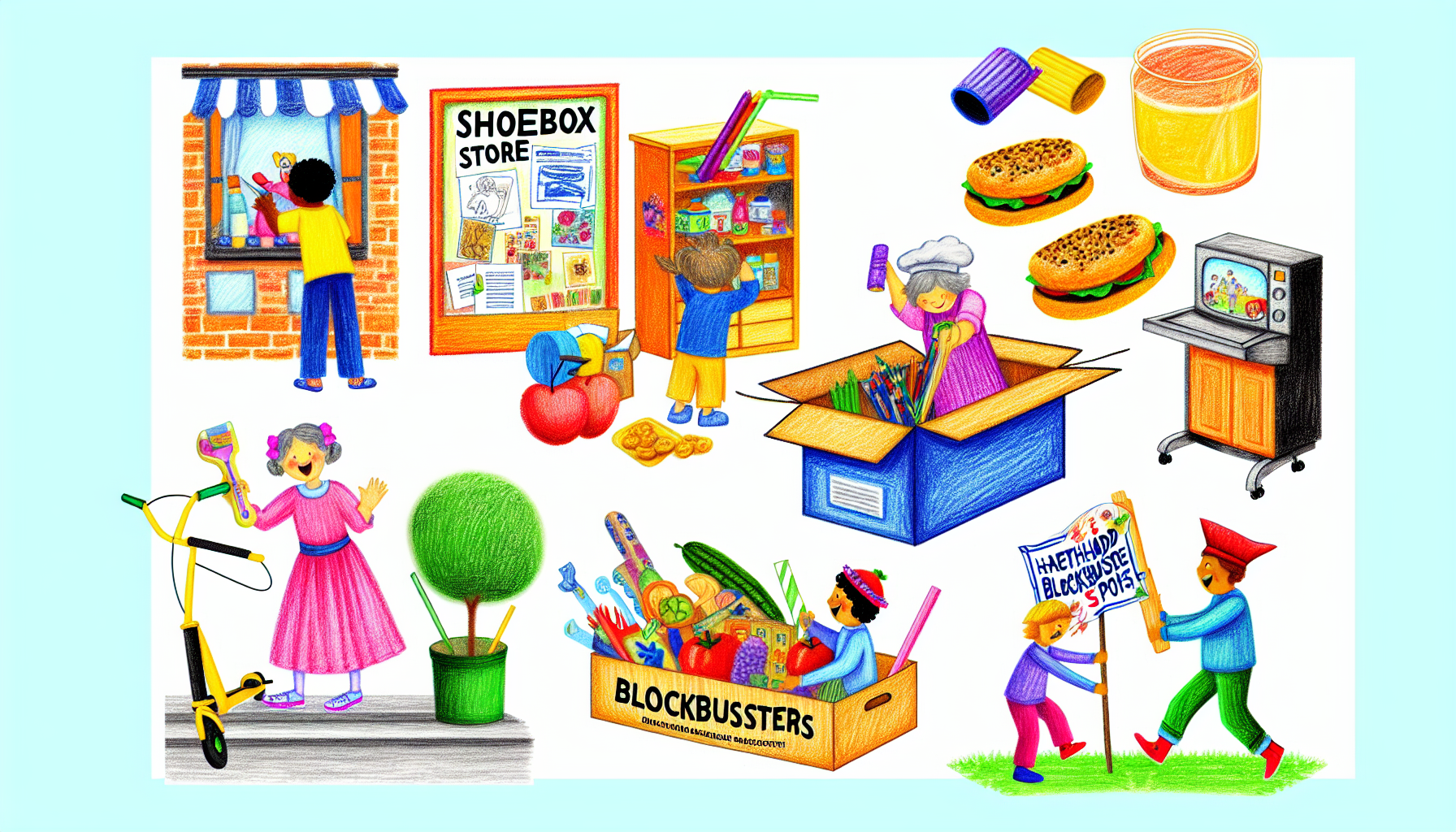





Leave a Reply